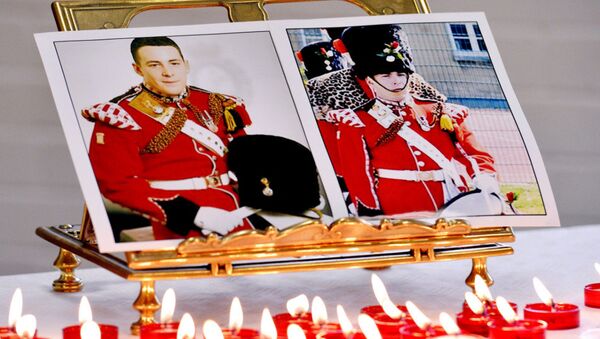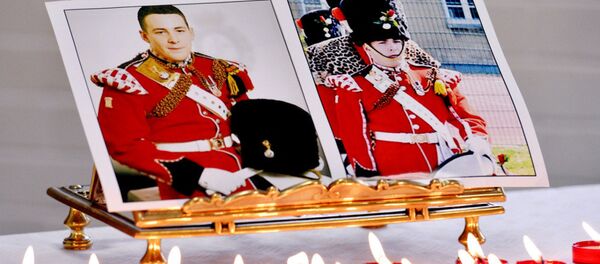Waller highlighted three main defects in British intelligence services' response, first involving a mistake done by MI6 officer in his understanding of the way Adebolajo was arrested in Kenya, which lead to a distortion in the way MI6 understood and should have followed the case.
"If the intelligence services had reviewed their understanding of the case based on the above mentioned intelligence reports they would have better understood the case and might have given it a different prioritization," Waller said.
Second defect was MI6 claiming that it has received assurances from the Kenyan authorities about Adebolajo's treatment, even though no one was able to confirm this during investigation, third defect involved failing to apply provisions of "Consolidated Guidance" for such cases where a complainant claims that he was subject for unacceptable standards of detention.
However Waller's investigation concluded that Adebolajo's allegations were highly unlikely.
"Indeed, I think it highly unlikely that Mr Adebolajo was mistreated by any of the Kenyan police or intelligence units which work with [the British government]," Waller said in his report, as cited by the guardian.
Prime minister Theresa May commented on the findings by saying, ""I welcome the fact that he has firmly rejected any suggestion of a conspiracy by the security and intelligence agencies in Mr Adebolajo's detention and that he has found no evidence to support the allegation that he was subject to mistreatment at the hands of the Kenyan authorities," as quoted by the BBC.
She added that careful analysis will be done to the findings and steps will be taken to address the areas of shortcomings highlighted in the report.
Adebolajo was arrested in Kenya in November 2010 and he is currently serving a whole-live term for murdering British soldier Fusilier Rigby in Woolwich in 2013.




